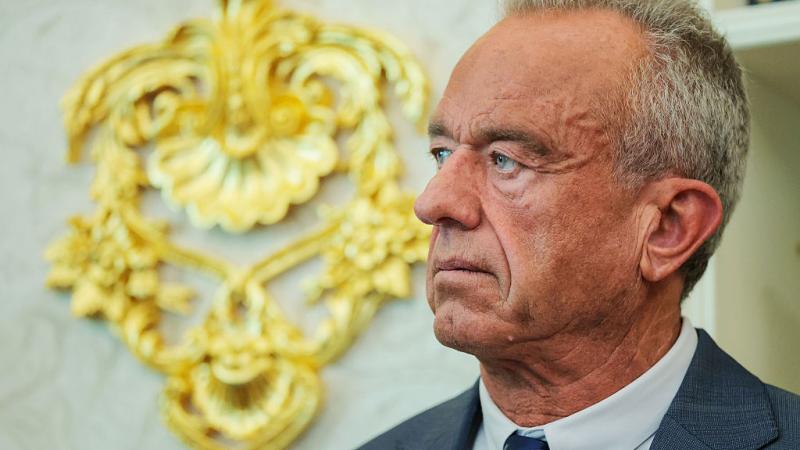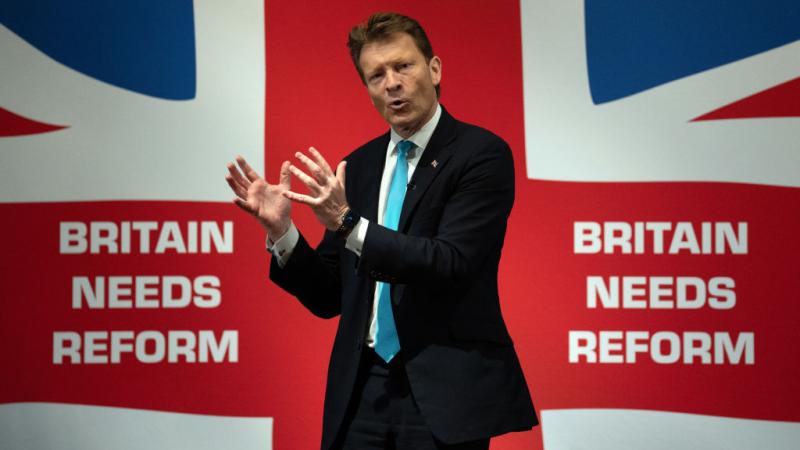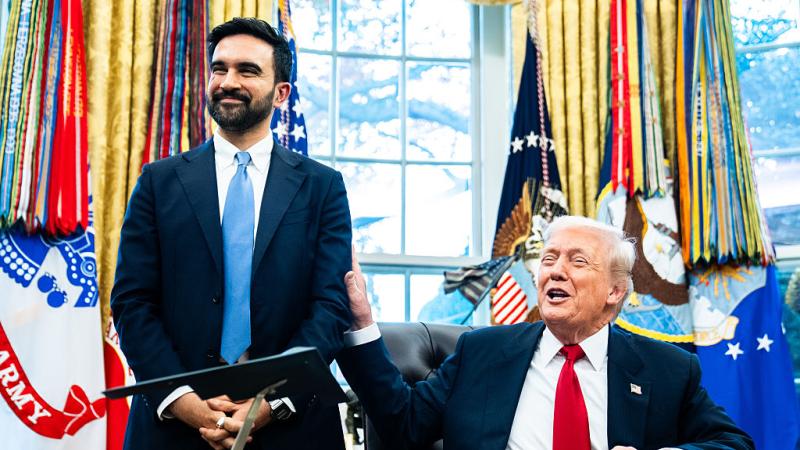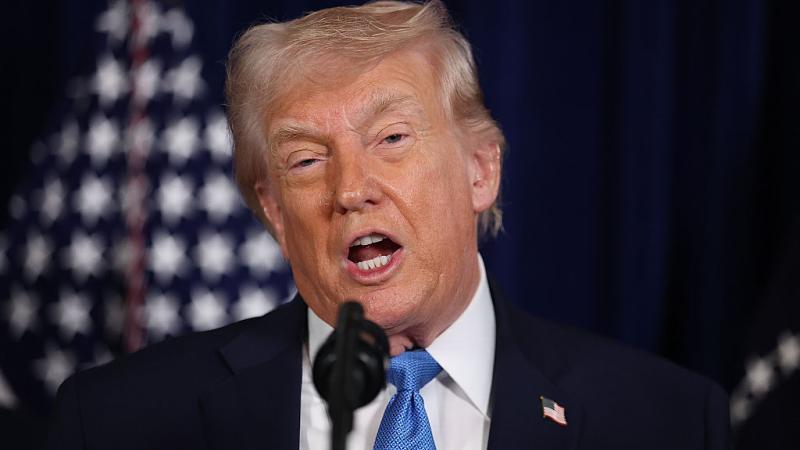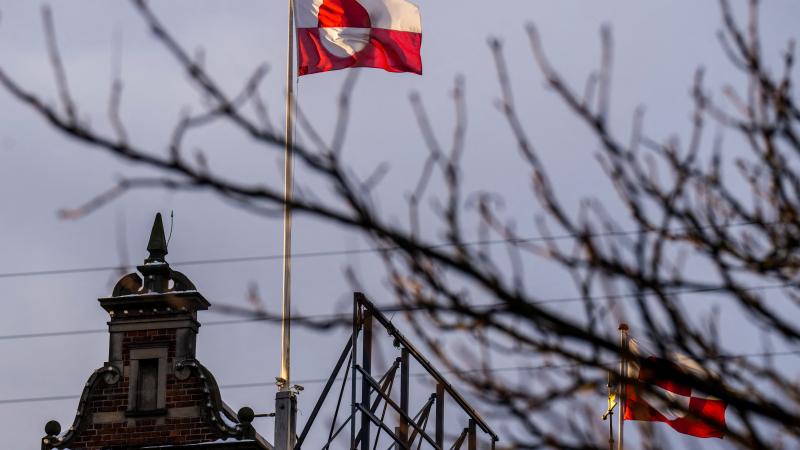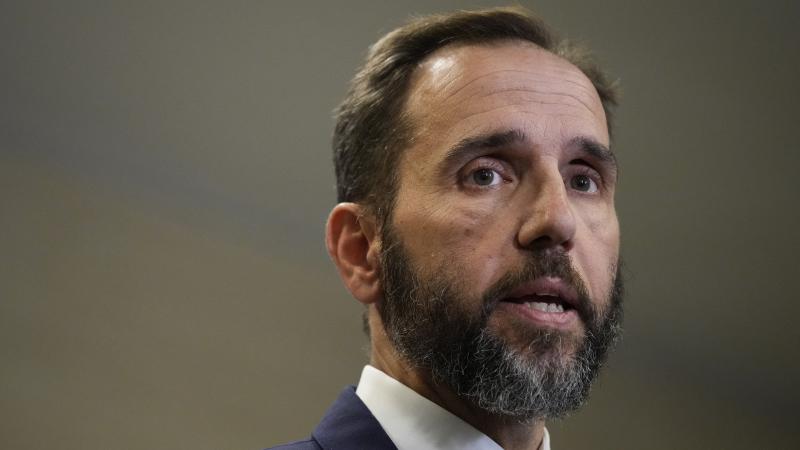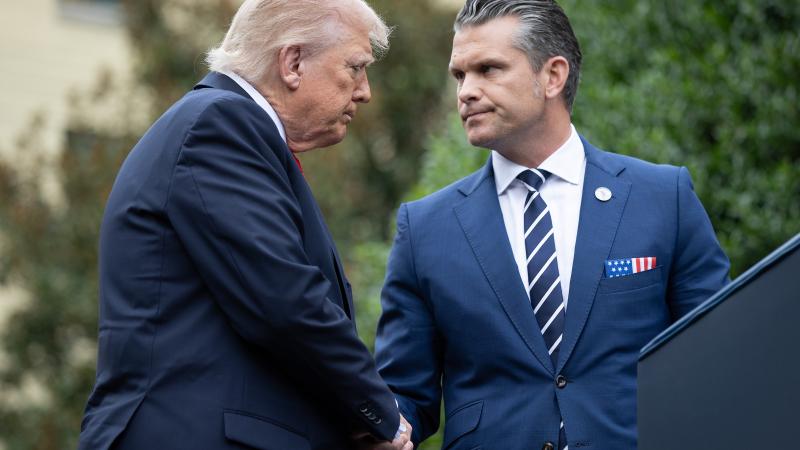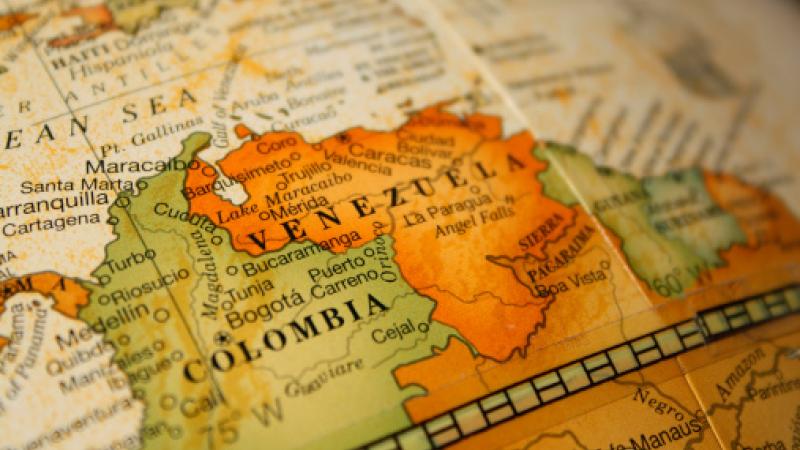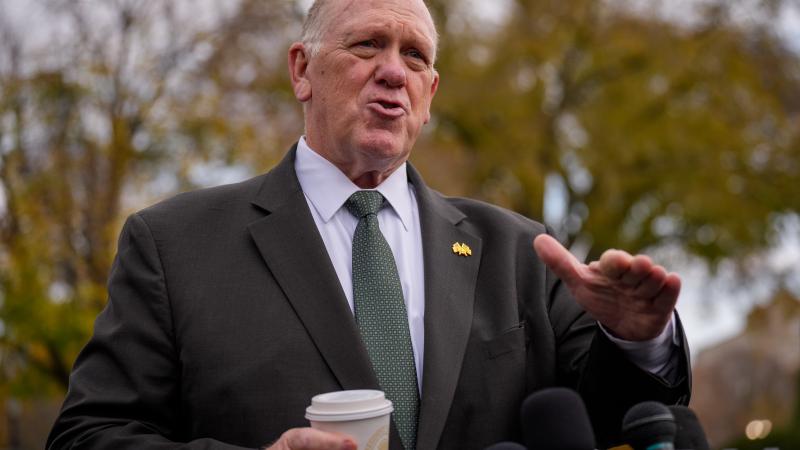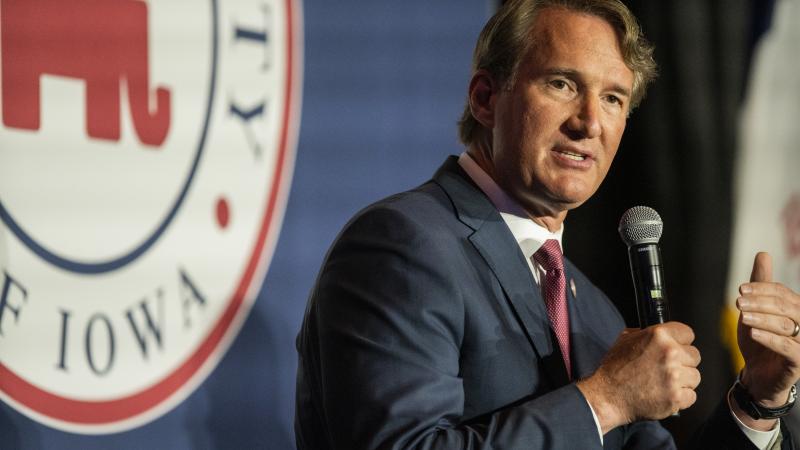Shipments monoclonal antibody treatments to states paused as BA.2 becomes dominant COVID strain
According to the FDA, the monoclonal antibody treatment developed by GlaxoSmithKline and Vir Biotechnology may not be effective against BA.2.
The Department of Health and Human Services, under advisement from the Food and Drug Administration, has ordered 14 states to cease use of a COVID-19 treatment called sotrovimab, made by pharmaceutical companies GlaxoSmithKline and Vir Biotechnology.
The addition of the 14 states brings the total number that are no longer receiving doses to 22.
The drug was granted an emergency-use authorization as a monoclonal antibody treatment for mild-to-moderate COVID cases in high-risk patients. In 2021 and into this year, the government purchases millions of doses of the drug and distributed them to states.
However, new data suggests that the treatment is not effective against the BA.2 subvariant, the now-dominant strain of Omicron that is making its way across the U.S.
The FDA advised that any region in which BA.2 is the dominant strain of the virus should no longer receive the monoclonal antibody treatment. Some other monoclonal antibody treatments, including Bebtelovimab, developed by Eli Lilly, appear to work against BA.2.
GlaxoSmithKline and Vir Biotechnology are responding to the FDA's advisement by "preparing a package of data in support of a higher dose of sotrovimab for the Omicron BA.2 subvariant and will be sharing these data with regulatory and health authorities around the world for discussion," according to the companies.

